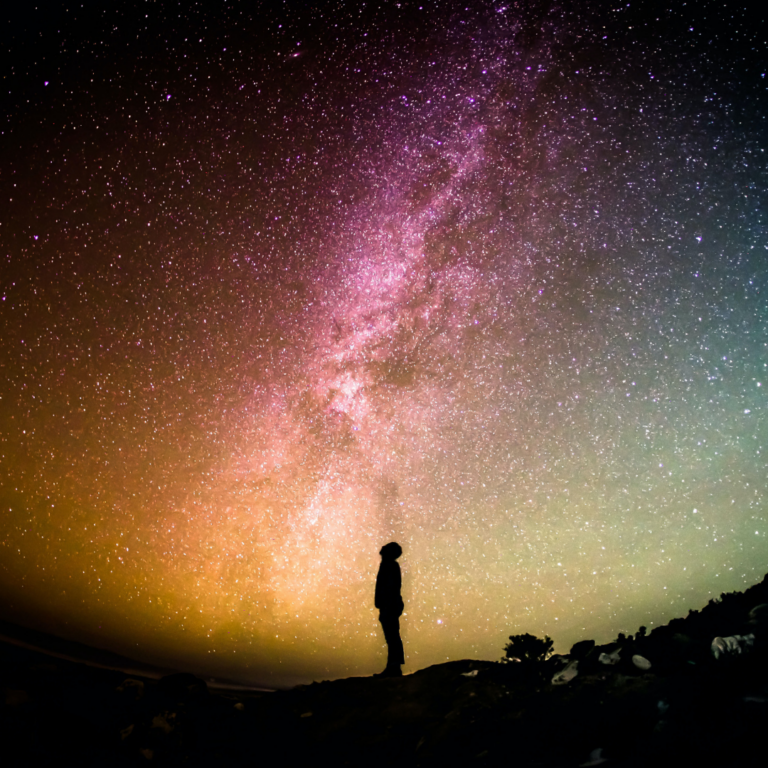Conditions in space and their impact on the human body
The human body is capable of adapting even to conditions as different as those in space. It should be remembered, however, that the longer we stay in space, the greater the changes that can be noticed in the functioning of our body and, especially importantly, the more difficult it is to return to the state in which our body was before the flight beyond Earth. These changes are noticeable in almost every aspect of our physiology.
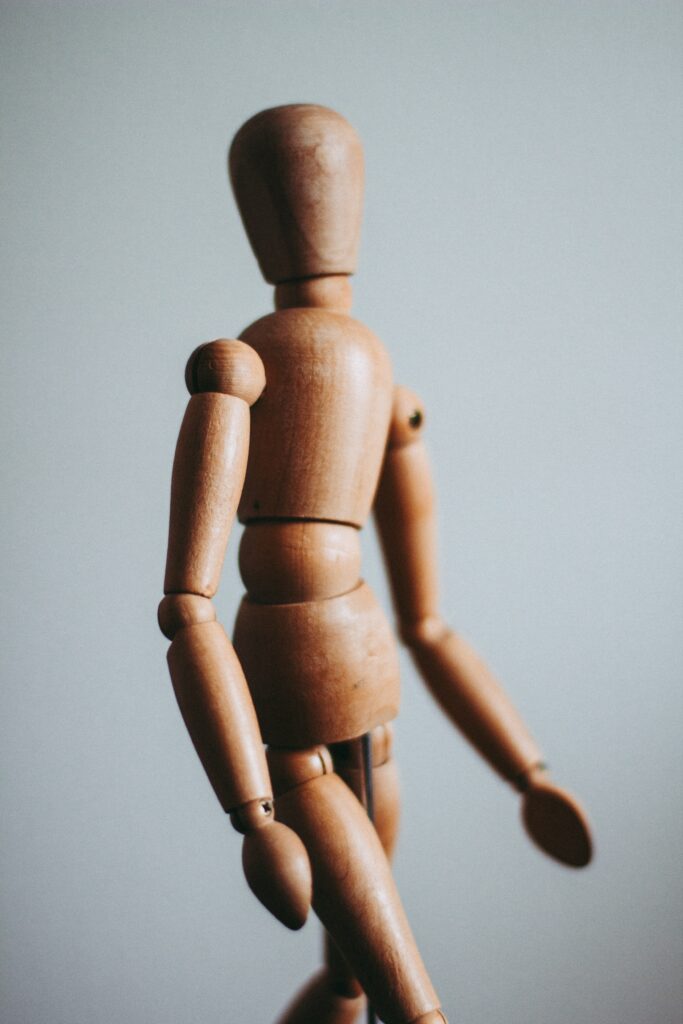
An organism put to the test
The main of the dangers to which astronauts are exposed in space is UV radiation. It can lead to radiation sickness, cancer or even damage to brain cells.
One of the systems affected by being in space is the circulatory system. Under microgravity conditions (that is, when gravitational acceleration is significantly reduced or eliminated altogether), both heart rate and blood pressure are reduced. The number of red blood cells and the heart’s minute capacity (the amount of blood that is pumped through each of the heart’s chambers per minute) also decreases. Changes are also occurring within the heart itself – its two chambers are shrinking.
Conditions outside Earth’s orbit also affect the human musculoskeletal system. In short, there is a reduction in the efficiency and mass of our muscles, which makes us tire more easily in space than on Earth. Cosmonauts sometimes experience problems maintaining an upright posture after returning to our planet. Staying in space also leads to a gradual loss of bone mass.
Astronauts who take part in a space mission may also experience problems with motor skills, which are often the result of space sickness (also known as space adaptation syndrome). It manifests itself, among other things. nausea and vomiting or a sense of disorientation. True, after a few days the disturbance disappears, but sometimes astronauts experience orientation problems even after returning to Earth.
Menstrual cycle vs. staying in space
However, there is one important aspect of physiology that does not change – despite such a drastic difference between conditions on Earth and what awaits us in space. This is because it turns out that staying in space does not disrupt the menstrual cycle.
Interestingly, before the first woman was in space, there were claims that the conditions there would negatively affect the menstrual cycle and thus reduce the effectiveness of women on missions. This argument was used by opponents of women’s participation in space expeditions.
Today we already know that the aforementioned arguments are not true. Another issue, however, is the inconvenience of menstruation during a space mission and how female cosmonauts cope with it. As you can easily guess, conditions on the space station are not the most comfortable, and maintaining proper hygiene – so simple on Earth – becomes quite a challenge in space. One way to cope with these difficulties is to suspend the menstrual cycle for the duration of the mission. As specialists assure, it is safe and has no health risks. Cosmonauts can use several options for this purpose, the most popular of which is the birth control pill. This can make flying into space a slightly more comfortable experience.
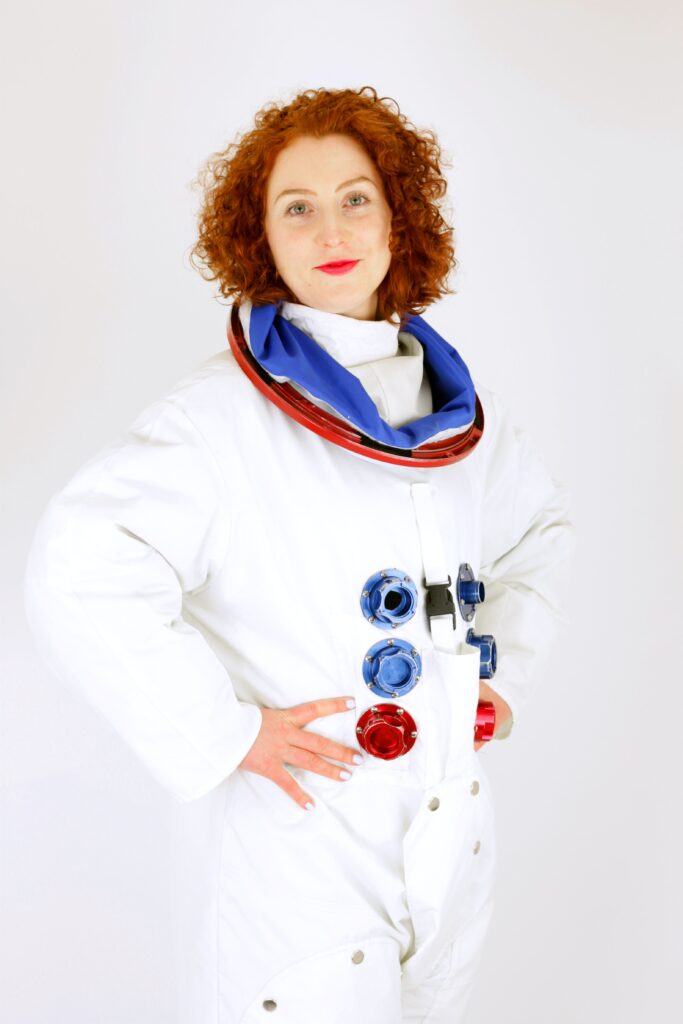
Looking for a home among the stars
Are you familiar with such a plot? – An unidentified flying object enters the vicinity of Earth… As it later turns out – it is a ship of aliens who have come to our planet to destroy or colonize it. Heroic Earthlings – accompanied by the national anthem (usually the Star-Spangled Banner, but that’s just a matter of the power of the U.S. film industry) and speeches by political leaders – face the invaders with dedication….
Let’s leave the movie dangerous aliens alone. There are many indications that we humans are becoming the only known space colonizers. The exploration of extraterrestrial space, after years of hiatus, has now started in full swing. International organizations, which have been unlocking the secrets of space for years, have been successfully joined by private investors. More swarms of artificial satellites are crossing our skies. What does the cosmos offer us that we are so determined to explore it and use Knowledge, raw materials… But we also look to it for alternatives to our common home, Earth. Nothing new in this. Back in the 1950s. In the 1970s, the reaction to the launch of the first artificial satellite into space was words about “a step towards man’s extrication from his earthly prison”….
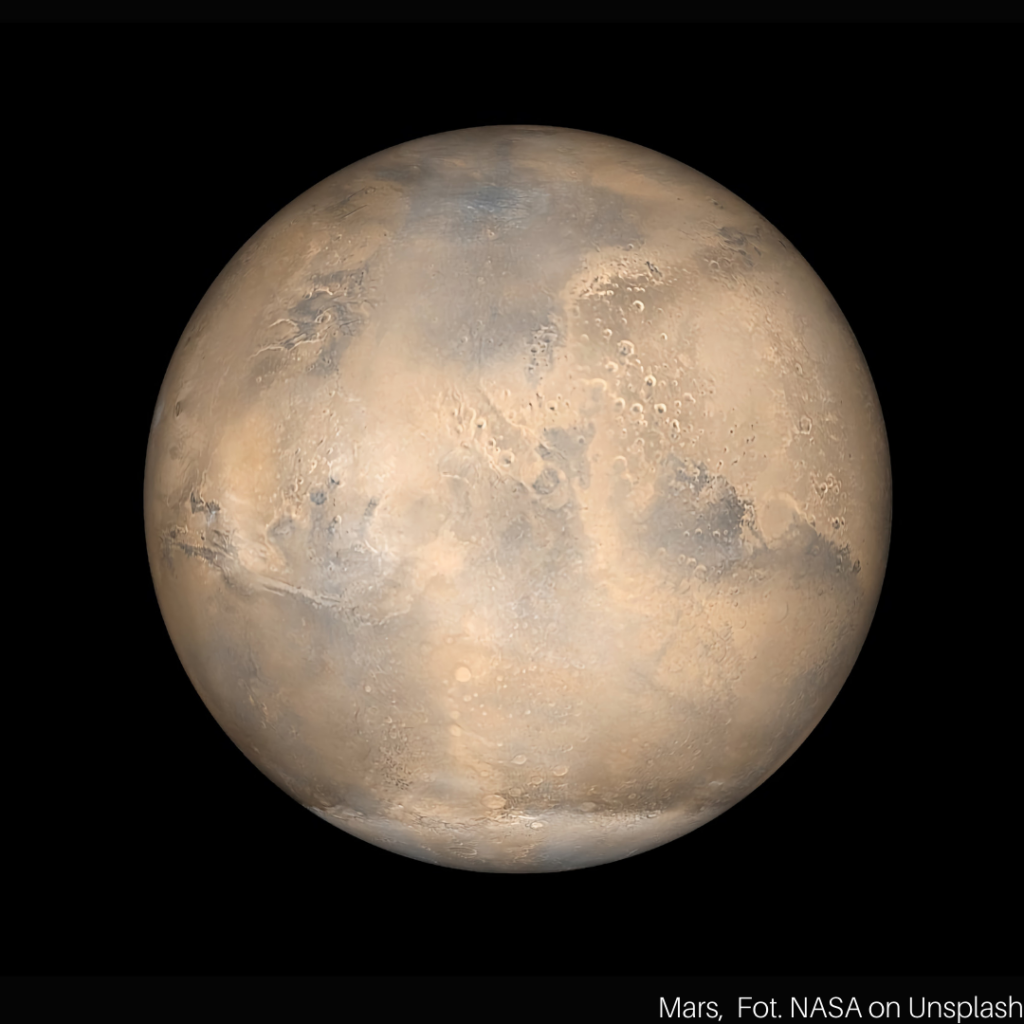
Man an inhabitant of space
What would life beyond Earth mean for us? Could any of the known celestial bodies soon become our new home? What conditions must be met for people to live somewhere in extraterrestrial space?
According to research over the past two decades, there are not inconsiderable places in space where humans – theoretically – could settle. Out of billions of celestial bodies, NASA scientists have singled out some 300 MILLION exoplanets (i.e., planets orbiting stars other than the Sun) in our galaxy offering some hope for future habitation.
An alternative to Earth – exoplanets
What are the characteristics of the celestial bodies that are candidates for Earth II? It is about rocky exoplanets orbiting a star of the likes of our Sun, yet located at such a distance from it that water can remain liquid on them and the surface temperature gives them a chance to sustain life. Planets too close to a star are exposed to extreme levels of X-ray and ultraviolet (UV) radiation. It can be up to hundreds of thousands of times stronger than that which the Earth receives from the Sun. At the same time, it should be remembered that the presence of water and the rockiness of the surface (as well as the corresponding temperature) do not yet determine that these planets are indeed suitable to be “moved in”…
One of the celestial bodies being considered as an alternative to our Earthly home was Kepler-22b. This is the first exoplanet discovered in the ecosphere of a Sun-like star in 2011. Its size is 2.4 times that of Earth.
Will the colonization of space enter a new phase, and will humans actually be able to leave their – already highly exploited by them – planet? The (rather distant) future will bring the answer to this question.
NASA also writes about the search for the possibility of life in space on its dedicated “The Search For Life” website: https://exoplanets.nasa.gov/search-for-life/big-questions/.
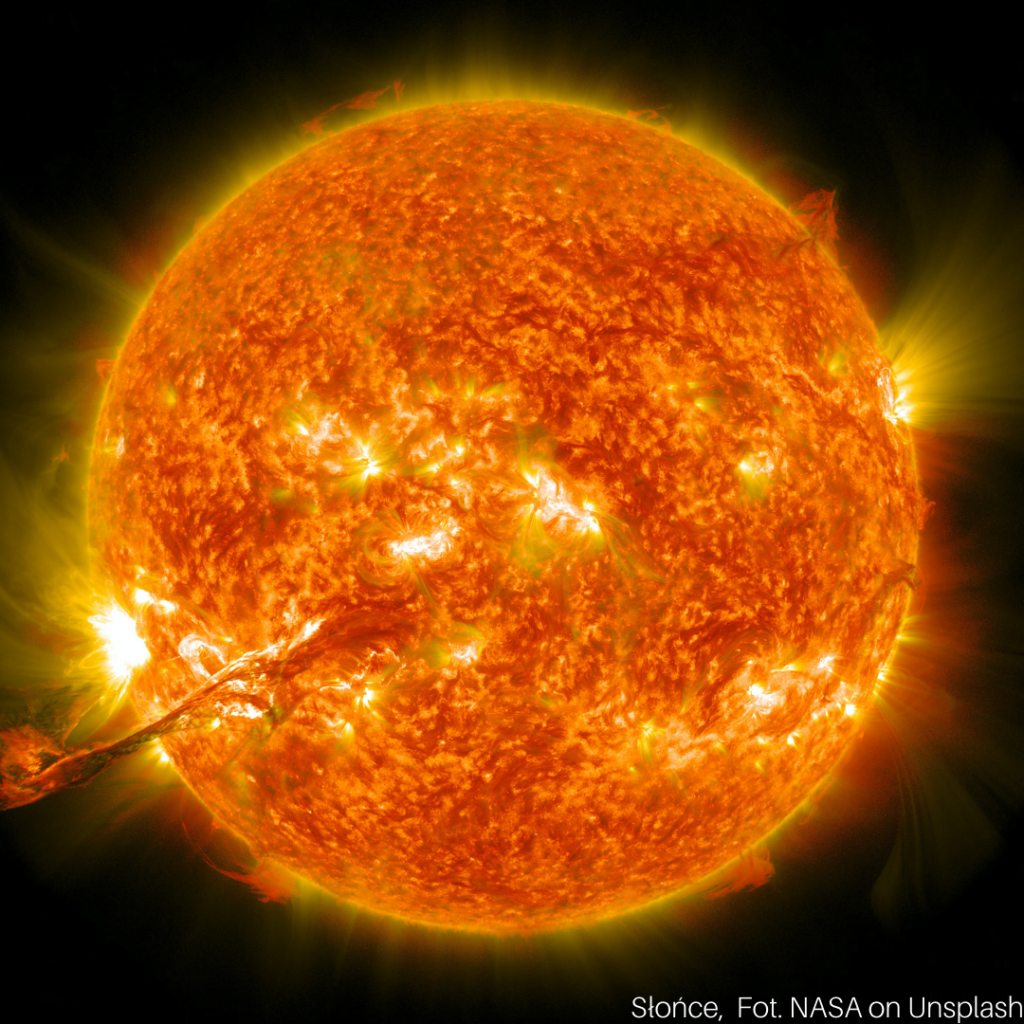
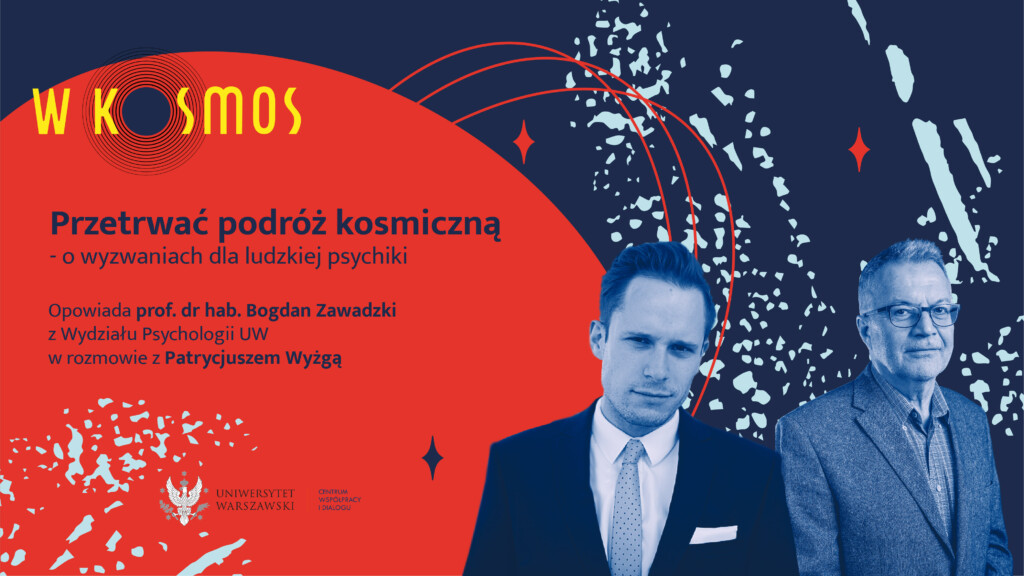
Let’s Move Together “Into Space”
Finally, we invite you to listen to the podcast “Into Space: Surviving Space Travel – about the challenges to the human psyche is told by Professor. PhD Bogdan Zawadzki of the UW Department of Psychology in conversation with Patrycjusz Wyżga.
Conquering space is a great and difficult challenge – not only for the human body, but also for the psyche. If you want to learn: what burdens are involved in staying for months in extraterrestrial space; what preparation and character traits are necessary to endure confinement in the claustrophobic interior of a spaceship; and what dangers await those who dare to undertake space escapades.
You can listen to the podcast at:
YouTube: https://youtu.be/WkqiFBhyKGI
Spotify: http://bityl.pl/tjNlL
www: https://cwid.uw.edu.pl/podcasty/w-kosmos/
Photo NASA on The Commons
Bibliography:
https://theconversation.com/five-things-that-happen-to-your-body-in-space-52940 https://sitn.hms.harvard.edu/flash/2013/space-human-body/
https://theconversation.com/how-women-can-deal-with-periods-in-space-58294
https://www.sciencealert.com/what-happens-when-you-get-your-period-in-space-astronau
https://exoplanets.nasa.gov/
https://www.nasa.gov/jpl/finding-another-earth
https://www.nasa.gov/mission_pages/kepler/news/kepscicon-briefing.html
#uw #science #cwiduw #seekingknowledge #CWiDUW #wkosmos #scienceislocal #ExpertsUW

